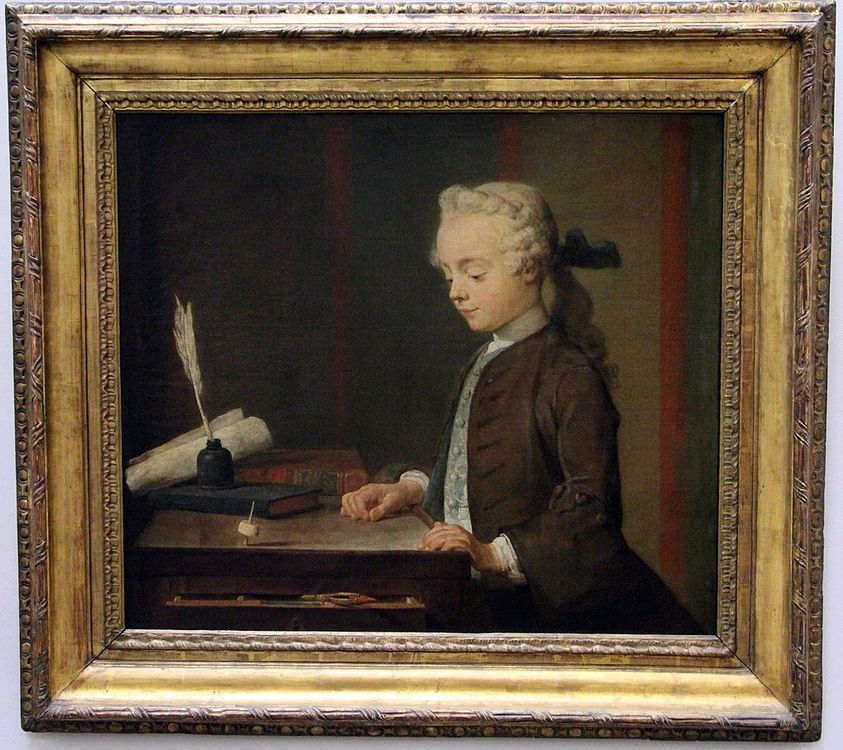Play With the Spinning Top or Be the Spinning Top
- smcculley
- Feb 13, 2024
- 4 min read
Play With the Spinning Top or Be the Spinning Top
First order of business – sacrifice your unnecessary suffering. One of the first demands in the Work is sacrificing certain types of suffering that are not real. Much of our suffering is unnecessary because it is based on imagination or identification.
By sacrificing this unnecessary type of suffering first, we can focus on learning and doing the transformation of real suffering. Before I cause too much confusion, I should clarify that in a certain sense, even the sacrifice of unnecessary suffering is a type of transformation. But it is not the type of transformation that will bring me to the threshold of Higher Centers. Think of it as a prerequisite step, and while preliminary, it is nevertheless difficult to do and remains a constant area of work.
“A man will renounce any pleasures you like but he will never give up his suffering. Man is made in such a way that he is never so much attached to anything as he is to his suffering. And it is necessary to be free from suffering. No one who is not free from suffering, who has not sacrificed his suffering, can work.” − P.D. Ouspensky (quoting G.I. Gurdjieff)
When I identify and imagine my life, I become (I am) the false barriers or imaginary obstacles that I fabricate in my mind or have been pre-programmed to believe. Self-work means letting these unreal things go. When I am identified I place my sense of self into other objects or people and when I am in imagination, I imagine myself really. These are my veils of sleep and sources of unnecessary suffering.
Pick your favorite subject of identification. Examine and notice how your psychological preconditions or presets dictate or start your worries, frustrations, anxieties, sources of negativity, and other psychological baggage clouding up your internal world. It is like the gerbil in the spinning cage, just going round and round with nowhere to go. Or if your suffering seems random like a spinning helpless toy top, then make it a conscious game, reverse how you relate to such patterns of unnecessary suffering.
We take ourselves too seriously, and we need to introduce a type of playfulness and experimentation to our lives. As our personality grows, we not only become too serious, but we also believe the ‘I’s that unnecessary suffering is what adults are supposed to do. If we look closely, we will discover that most of our imaginary sufferings are imitations of our parents and the people who were around us when we grew up and that these sufferings often lack deep roots. Lacking deep roots, however, means it is not that difficult or impossible to sacrifice these unnecessary sufferings because they are not real, and I can weed them out.
Liberate yourself from these imaginary forces. For example, the vehicle in front of you is driving below the speed limit. Just release your identification; let it go – “enjoy” the slower pace, look around, and be there in your car. This may sound easy, and from one angle it is, but the rough and tumble truth is that your identifications and imaginations are so prevalent and frequent that it is a struggle to make such sacrifices. The effort to sacrifice unnecessary suffering is part of our daily bread, our daily practice. Make the sacrifice and remember yourself instead.
Re-orienting your attitudes about the events in your lives and your role in them can help make this effort more productive. Consider that many things in our lives are passing and not really under our control anyway. Notice the little irritations, fleeting pulls into imagination and daydreaming. Acknowledge them and let the light shine through them for they are transitory and of little real consequence. Bringing a larger scale is also useful.
“Observe always how ephemeral and worthless human things are, and how what was yesterday a little juice, tomorrow will be a mummy or ashes. Pass then through this moment of time in harmony with nature, and end your journey in content, as an olive falls when it is ripe, blessing nature who produced it, and thanking the tree on which it grew.” – Marcus Aurelius
Our Teacher recommends that we focus on what is real, what is before us in the moment, and not to be fooled by the internal dialogue with ourselves that brings up things that are not in the present. To live in the moment does not mean ignoring some small source of friction or irritation, but rather be open to your life in a way that re-orients and re-situates your relationship with yourself and your personal world. You could say that the work is about moving from the imaginary to the real as a daily routine. When you do that, you will find that much of your suffering is indeed unnecessary.
And when you slip up and discover that you may have forgotten to sacrifice your unnecessary sufferings, then start afresh and pursue with new vigor. Be willing to be a beginner and start anew because your psychological abilities will grow stronger as you proceed in the Work. Accept that limitation without giving up and forgive yourself when you digress. Sacrifice frustration, for instance, as another form of unnecessary suffering.
Boy with a Spinning Top, Jean-Baptiste-Siméon Chardin









Comments